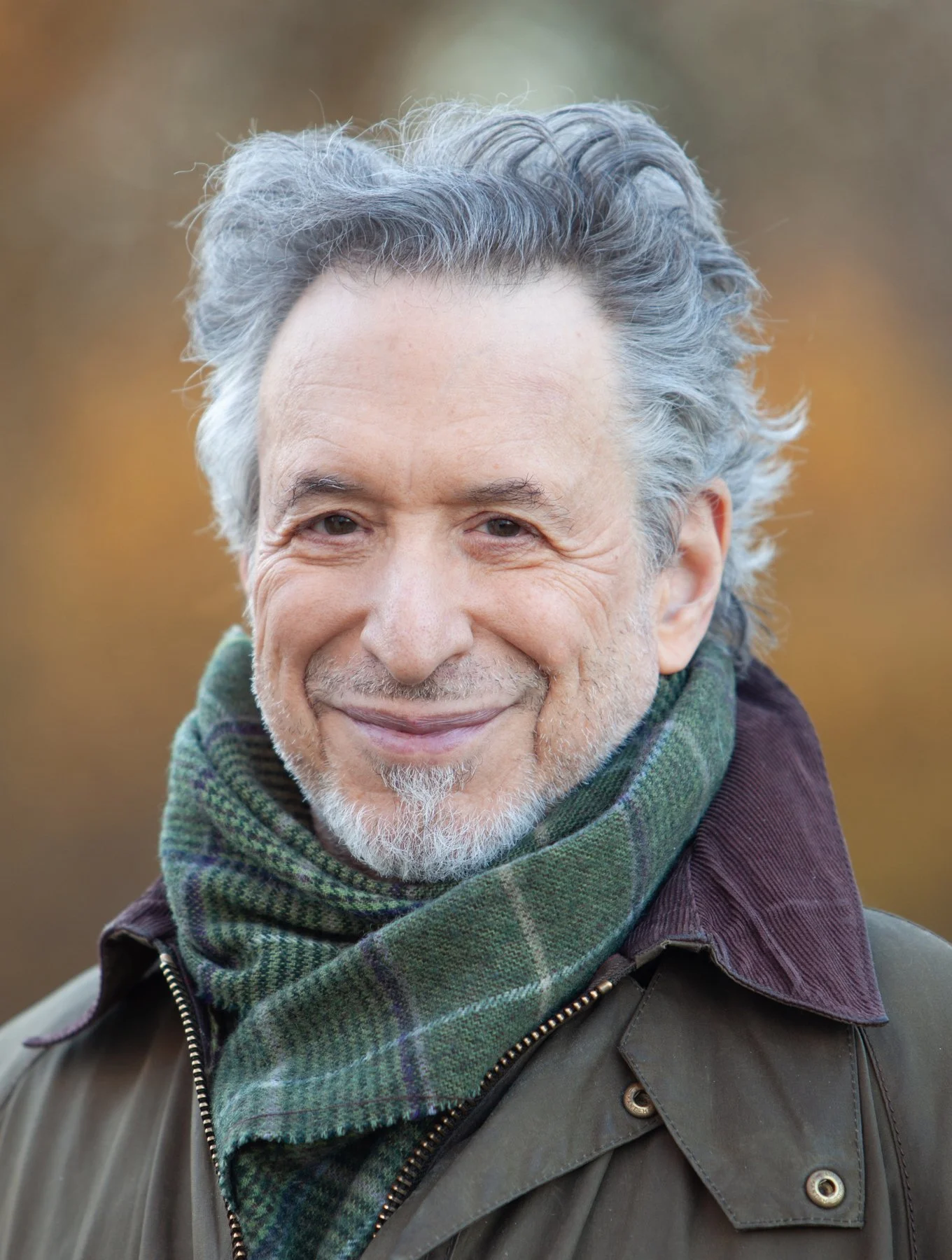Winner, 2024 River Heron Poetry Prize
In the January days of the Israeli assault on al-Aqsa Hospital in Gaza, I heard the voice of Dr. Seema Jilani in an NPR segment. The American pediatrician, working with International Rescue Committee in that besieged hospital, deeply emphasized the value of presence and witness in the face of the horrific. As I then went walking along a local lakeshore, I sensed the terrible harshness that’s everywhere and everywhere inseparable from life’s beautiful vulnerability.
Jed Myers is author of three books of poetry, most recently Learning to Hold (Wandering Aengus, 2024), winner of the Wandering Aengus Press Editors’ Award, and previously The Marriage of Space and Time (MoonPath Press) and Watching the Perseids (Sacramento Poetry Center Book Award). Recent writing has appeared or is forthcoming in Rattle, The Poetry Review, RHINO, Solstice, Nimrod International Journal, Southern Humanities Review, Southern Poetry Review, Lily Poetry Review, and elsewhere. Myers lives in Seattle, where he’s Editor of the journal Bracken.
Photo: Rosanne Olson
From Diane LeBlanc, Judge, River Heron Poetry Prize
“In a Growling Wind” gives me a full poetic experience of sound, story, images, and a fundamental question about human behavior. From the moment I enter the poem’s icy world of windy plosives in stanza one to the simple but devastating fact of a fish’s fate in the last stanza, tensions between living and dying, seeing and not seeing, develop through multiple acts of witness and transformation. Wintering coots appear out of nowhere, and crows mute the groaning of a lake bridge. I gasped at the image of the bridge that “seems a thick thread stitching the bottom/shreds of sky to the world.” Through the poetic rendering of sensory experiences, a familiar world becomes increasingly unfamiliar.
One way to tell a story is chronologically, as in “I was driving here and heard this news, then I saw the coots, then an eagle and a fish . . . .” But a shift in perception at the bridge mid-way through this poem enables a narrative leap to horrifying news from a hospital in Gaza, then back to the opening location. The poem’s structure moves back and forth in time to unpack a complex emotional and cognitive reality circling a question of “how could we untie beauty/from horror.”
By the time the poem returns to the local world, where a fish is the inevitable prey of a watching eagle, I was a changed reader. The poem distinguishes human violence from the natural order of predator and prey in the wild. The eagle’s “beak and claw” are functional and exquisite in stark contrast to human weapons of war. While empathy and faith struggle with self-limitations and doubt, “In a Growling Wind” isn’t a poem of despair. I came away believing that humans are capable of unmaking destruction if we’re willing to witness the unfamiliar, reflect, claim responsibility, and tell difficult stories.




